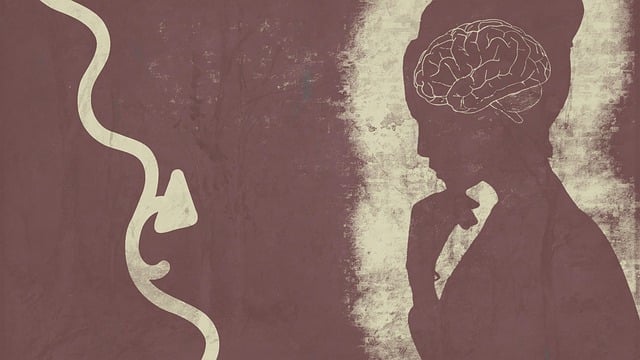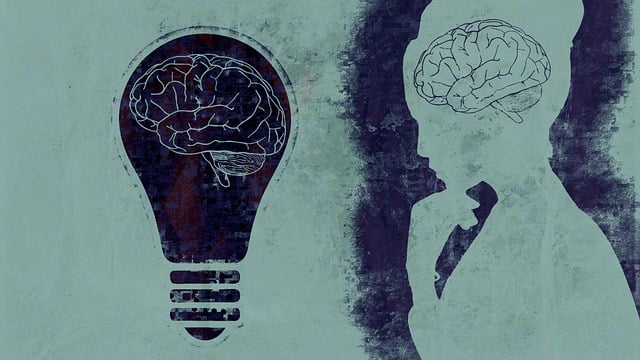Community outreach programs are crucial for improving mental health services in underserved areas by providing access to therapies like Centennial OCD therapy and fostering self-care tools. These initiatives build trust, empower individuals with coping strategies, enable early intervention, and address the unique needs of diverse communities. Success is measured through structured assessments focusing on emotional well-being and self-esteem, allowing for data-driven improvements and collaborations to adapt services to evolving community requirements.
Community outreach programs play a pivotal role in extending mental health services beyond traditional clinical settings, especially for underserved populations. This article explores the implementation of such programs, focusing on their benefits and effectiveness in treating conditions like Centennial Obsessive Compulsive Disorder (OCD). We delve into successful strategies, including community engagement, education, and tailored therapy models. By measuring outcomes and fostering continuous improvement, these programs ensure better access to mental health care and enhanced well-being for all.
- Understanding Community Outreach Programs and Their Benefits
- Implementing Effective Centennial OCD Therapy Through Outreach
- Measuring Success and Continuous Improvement in Community Outreach Programs for OCD Therapy
Understanding Community Outreach Programs and Their Benefits

Community outreach programs are a powerful tool to enhance mental health services and support individuals within their own communities. These initiatives aim to bridge the gap between specialized therapy and the everyday lives of people, especially those in remote or underserved areas. By bringing therapeutic resources directly to communities, outreach programs offer accessibility and convenience, ensuring that folks don’t have to travel long distances for much-needed Centennial Obsessive Compulsive Disorder (OCD) therapy.
The benefits are vast; such programs not only improve the reach of mental health services but also foster a sense of belonging and trust within the community. They encourage individuals to develop inner strength and resilience, as they gain access to resources that promote self-care and coping strategies. Moreover, these initiatives facilitate early intervention, risk assessment for mental health professionals, and resilience building, which are crucial aspects of addressing mental health challenges effectively.
Implementing Effective Centennial OCD Therapy Through Outreach

Implementing effective Centennial Obsessive Compulsive Disorder (OCD) therapy requires a strategic approach, and community outreach plays a pivotal role in this process. By reaching out to communities directly, mental health professionals can break down barriers and increase access to much-needed OCD treatment. This is particularly important as OCD often goes undiagnosed or mismanaged, impacting individuals’ daily lives and overall mental wellness.
Outreach programs can take various forms, including workshops, support groups, and community partnerships. These initiatives aim to educate both the public and healthcare providers about OCD, its symptoms, and available treatment options. For instance, Mental Wellness Coaching Programs Development focuses on empowering individuals with techniques to manage OCD symptoms, fostering self-reliance. Additionally, Healthcare Provider Cultural Competency Training enhances emotional intelligence among medical professionals, ensuring they can offer culturally sensitive and effective therapy for a diverse range of patients.
Measuring Success and Continuous Improvement in Community Outreach Programs for OCD Therapy

Measuring success is a crucial aspect of any community outreach program, especially when addressing complex issues like Obsessive Compulsive Disorder (OCD). In the context of Centennial OCD Therapy, evaluating the impact of outreach initiatives goes beyond mere participant satisfaction. It involves tracking improvements in key areas such as emotional regulation and self-esteem, which are fundamental to overall well-being. By implementing structured assessment tools and gathering qualitative feedback, therapists can gain valuable insights into the program’s effectiveness.
Continuous improvement is fostered through regular analysis of data collected during these assessments. Identifying areas where participants experience significant benefits, or where additional support is needed, allows for tailored adjustments to outreach strategies. For instance, if Trauma Support Services are identified as a critical need within the community, therapists can collaborate with local organizations to enhance available resources and better serve individuals struggling with OCD and co-occurring traumatic experiences. This iterative process ensures that outreach programs remain responsive to the evolving needs of the community they aim to support.
Community outreach programs, such as those focused on providing Centennial Obsessive Compulsive Disorder (OCD) therapy, play a pivotal role in enhancing mental health accessibility. By implementing and continually improving these initiatives, we can ensure that individuals struggling with OCD receive the support they need. Measuring success through various metrics allows us to refine our approaches, fostering better outcomes for those seeking assistance. This holistic approach to community engagement and healthcare is a game-changer, promising a brighter, healthier future for all.














